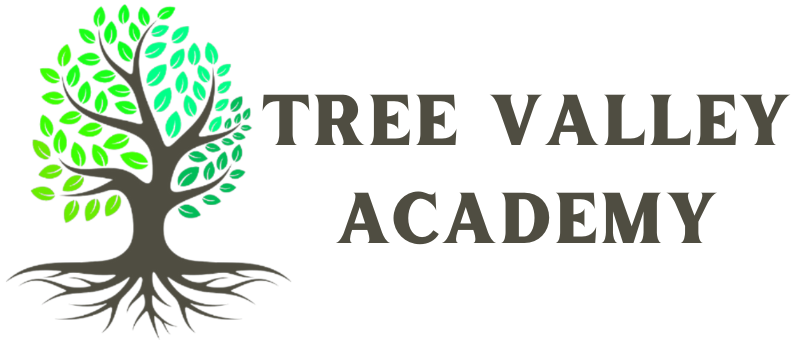Summertime for most homeschoolers doesn’t necessarily mean months without learning. However, some parents often wonder how to continue the learning streak but with a laid back kind of approach.
If this is you, consider using the unit study method to create a summer plan that takes everything you do and anywhere you go and turns it into a fun learning adventure.

Creating a Summer Unit Study
The best part about creating your own unit study is you are in control of the resources you want to use.
Some find it easier to purchase a unit study already put together while others like to piece together a little bit of this, or a little bit of that.
If you’re taking the do-it-yourself route, keep the following in mind:
- You can create a unit study from any topic.
In this case, summer is the theme of choice and the topic ideas mentioned below will derive from that. - Have a length of time in mind.
Your summer-themed unit study can be two weeks long or two months long. Hint: If your children are enjoying themselves, keep it going! - Choose a variety of resources.
These resources can be books, movies, YouTube videos, coloring pages, or whatever else you find. - Plan activities.
Think field trips, hands-on activities, projects, and the like.
It’s that simple! This plan can be used to create a limitless amount of fun and engaging unit studies for your children that span across multiple subjects.
With this layout in mind, use the following 12 topic ideas to create your own unit study.


12 Topic Ideas to Study This Summer
Below are 12 learning ideas you can use to “school through the summer” without putting in much effort:
- Weather
- Oceans
- Forests
- Construction
- Gardening
- Rocks & Minerals
- Insects
- Zoo Animals
- Farms
- Food
- Backyard Animals (chipmunk, squirrel, raccoons, birds, etc.)
- Foraging & Herbs
To ensure your children get a well-rounded experience, don’t forget to incorporate different subjects.
How to Incorporate Many Subjects Using One Topic
To give you an idea of how one topic can be used to teach several subjects, let’s look at oceans.
Not only do oceans cover most of the earth’s surface, they also provide a rich learning experience.
Oceans and Science
From a biology and earth science approach, oceans offer unique studies through:
- how waves are formed
- currents and tides
- plants and animals (sea life)
- salt water (versus fresh water)
Oceans and Math
Math can be found in just about everything, and seeing it through studying oceans is different:
- graphing (weather, seashells, animals, etc.)
- calculate mileage when taking a trip to the ocean
- calculate ocean tides
- measure seashore lengths
Oceans and Writing
If writing isn’t one of your child’s strong suits, then adding a cool topic like oceans to the mix could help make it better:
- journal
- create a lapbook of ocean facts
- complete word search and crossword puzzles or this ocean themed fill-in puzzle
- highlight spelling words
- write a poem about oceans
Oceans and Art
Most children like to do some form of art, and when it comes to oceans, there’s no shortage in ideas:
- create an ocean painting using acrylics
- try ocean foil painting
- make an ocean collage picture
- under the sea paper plate craft
- jellyfish salt painting
Oceans and Reading
No matter the age, reading always enhances learning. There are numerous books about oceans, but here are a few good ones:
- The Big Book of the Blue by Yuval Zommer
- Mister Seahorse by Eric Carle
- Over In The Ocean: In The Coral Reef by Marianne Berkes
- Wish For A Fish: All About Sea Creatures by Bonnie Worth
- Clam-I-Am!: All About the Beach by Tish Rabe (Cat in the Hat book)
Again, it’s THAT simple! With a little bit of Google and Pinterest searching (or bookmark my blog and check back as I add more unit studies), you can easily put together a detailed unit study using any topic.

